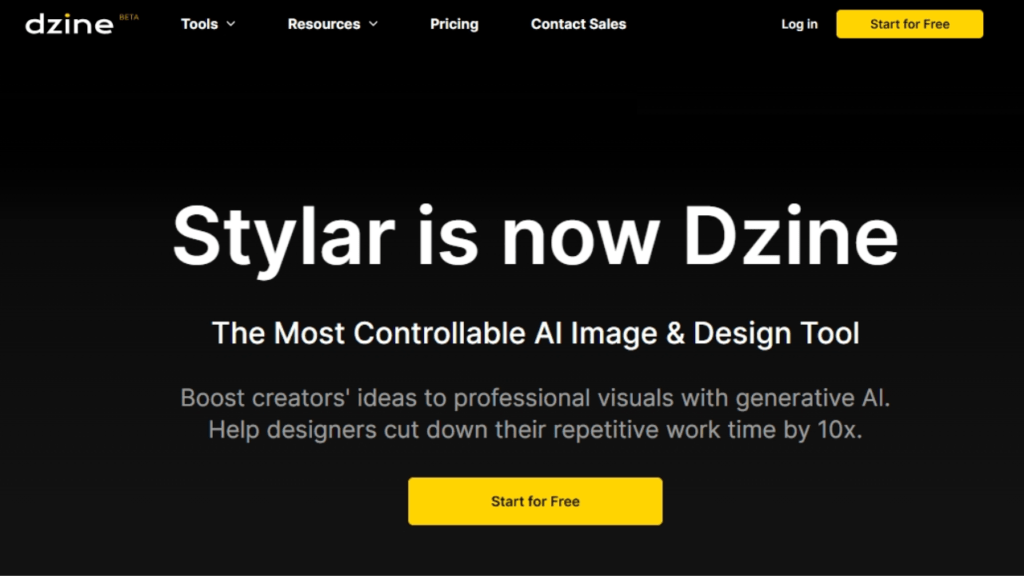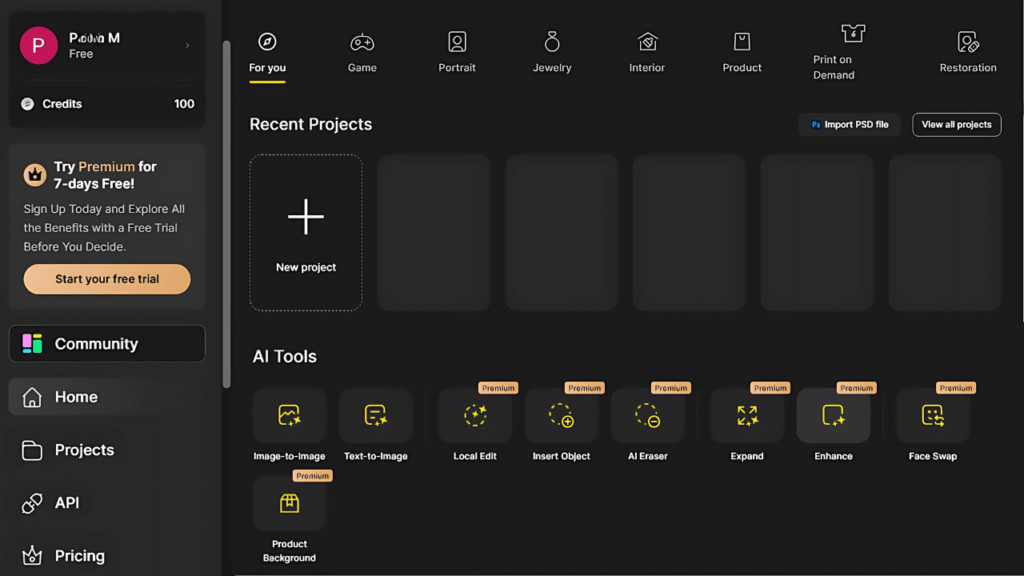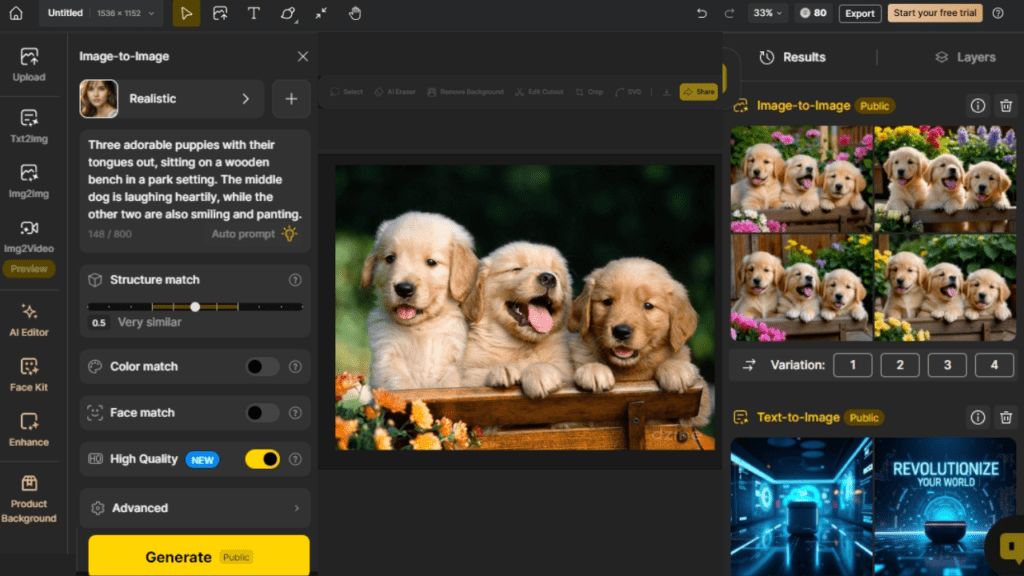Table of Contents
ToggleAI in Digital Marketing: Revolutionizing Strategies for a Smarter Future
Well, artificial intelligence is no more a utopian dream nowadays; in fact, artificial intelligence is in the present revolutionizing each industry. While AI within digital marketing occupies the pioneering position of being at the forefront of it, from handling repetitive tasks towards hyper-personalized experience, its impact is revamping all business-to-user interactions.
This blog looks into how AI in digital marketing is revolutionizing strategy, allowing for more informed decisions, and, subsequently, to success. Business owner, marketer, or even simply someone who wants to understand it better-this understanding will set anyone apart in this modern business landscape.
It involves simulating human intelligence into machines to perform tasks of decision-making, learning, and problem-solving.
From AI to digital marketing, seamless integration with tools and strategy powers business capabilities to analyze the vast amount of data at its hand, predict trends, and run a campaign in an optimised manner. So why on earth would marketers embrace it?
- Competitive Advantage : Through being ahead of the competition when implementing these more accurate and impactful campaigns.
- Fast decisions: AI analyzes huge portions of data within seconds for the benefit of humans through actionable insights.
1. Efficiency:
- It helps in automating mundane work such as scheduling posts on social media, email marketing, and ad management.
- Optimizes ad spend by using every dollar for getting the best results.
2. Personalization:
- Helps to do hyper-targeted ads, targeting each user according to their preferences, thereby enhancing engagement.
- Dynamic product recommendation as Amazon and Netflix do.
3. Insights:
- It offers predictive analytics that can forecast trends and market shifts.
- Enhances understanding of customer behavior to help in making better marketing strategies.

Content Creation:
- Platforms like ChatGPT, which generate high-quality content for blogs, ad copies, and social media posts.
- Platforms like InVideo AI automate the creation of videos. Thereby saving time and efforts.
Customer Service:
- Through AI-powered chatbots providing 24/7 service, no customer query can go unaddressed.
- Instant resolution of queries keeps customers satisfied and loyal to their service providers.
Ad Optimization:
- Programmatic advertising through real-time bidding ensures that ads are placed at the lowest cost possible.
- AI serves ads to users based on intent, location, and browsing behavior.
SEO and Analytics:
- AI tools like SurferSEO optimize content for search engines.
- Keyword research and predictions of traffic improve overall SEO strategies.
Email Marketing:
- AI personalised subject lines and email content to increase open and click-through rates.
- Email scheduling is automated to maximize delivery times, thus improving campaign performance.
Case Study 1: Retailer Boosts Sales with Personalized Recommendations
The first company was an e-commerce brand which had implemented AI-driven product recommendations on their website. This resulted in 20% sales increase and improvement in customer retention.
Case Study 2: Startup Reduces Customer Churn
A SaaS startup used AI-based analytics, which helped identify patterns that showed why customers churn. The company reduced churn rate by 30% and, together with this reduction, improved profitability as well.
Conversely, illustrating these consequences with graphs and stories makes for a great success story.

Discovery of Tools and Platforms
- Google AI – to maximize ad value
- HubSpot AI – customer relationship
- ChatGPT for idea generation and content
Practical Steps
- Start with a very basic application of AI for sending automated email campaigns.
- Gradually incorporate other advanced tools into analysis, personalization and ad management.
While the potential of AI in digital marketing is enormous, there are challenges:
- Ethical Concerns: Ensuring fairness and avoiding bias in AI algorithms.
- Cost Barriers: Smaller businesses may find the initial implementation costly.
- Continuous learning: Marketers should be updated about the ever-changing trends of AI.

Digital marketing has got transformative potential. From enhanced efficiency to the impossible in delivering unparalleled personalization, AI empowers marketers to work smarter and to deliver better, higher-impact results.
Don’t forget, AI doesn’t replace marketers; it empowers them to innovate and win. This is the future of digital marketing, and AI is shaping it.

